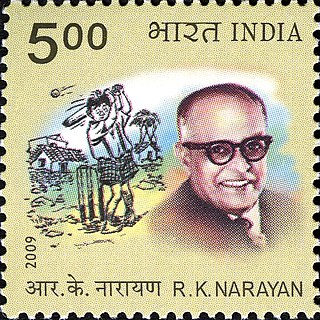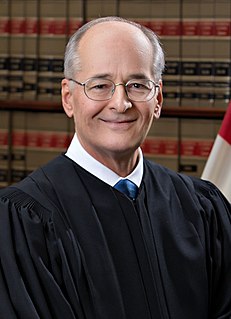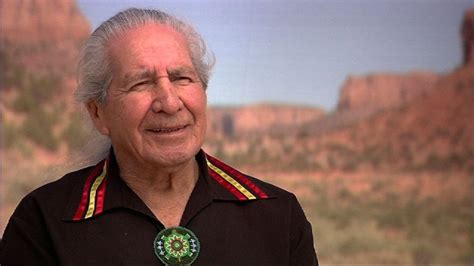A Quote by Allen W. Wood
Kant says that we may regard ourselves as legislator of the moral law, and consider ourselves as its author, but not that we are legislators or authors of the law.
Related Quotes
There is no author or legislator of the moral law. It is simply valid in itself in the nature or essence of things. We become autonomous only when we obey it, because then our will aligns itself with the objectively valid law, and our choice follows the same law as that we give ourselves. We can think of rational faculty (or the idea - the pure rational concept, not exhibitable in experience) as the legislator or author of the law because reason recognizes an objective standard, and to that extent is already aligned with objective moral truth.
When you say there's too much evil in this world you assume there's good. When you assume there's good, you assume there's such a thing as a moral law on the basis of which to differentiate between good and evil. But if you assume a moral law, you must posit a moral Law Giver, but that's Who you're trying to disprove and not prove. Because if there's no moral Law Giver, there's no moral law. If there's no moral law, there's no good. If there's no good, there's no evil. What is your question?
We come together only to go apart again. The law of life can't be avoided. The law comes into operation the moment we detach ourselves from our mother's womb. All struggle & misery in life is due to our attempt to arrest this law or get away from it or in allowing ourselves to be hurt by it. The fact must be recognized. A profound unmitigated loneliness is the only truth of life. All else is false. The law of life. No sense in battling against it.
Nothing can better express the feelings of the scientist towards the great unity of the laws of nature than in Immanuel Kant's words: "Two things fill the mind with ever new and increasing awe: the stars above me and the moral law within me."... Would he, who did not yet know of the evolution of the world of organisms, be shocked that we consider the moral law within us not as something given, a priori, but as something which has arisen by natural evolution, just like the laws of the heavens?
Two things fill the mind with ever-increasing wonder and awe, the more often and the more intensely the mind of thought is drawn to them: the starry heavens above me and the moral law within me... Morality is not properly the doctrine of how we may make ourselves happy, but how we may make ourselves worthy of happiness.

































